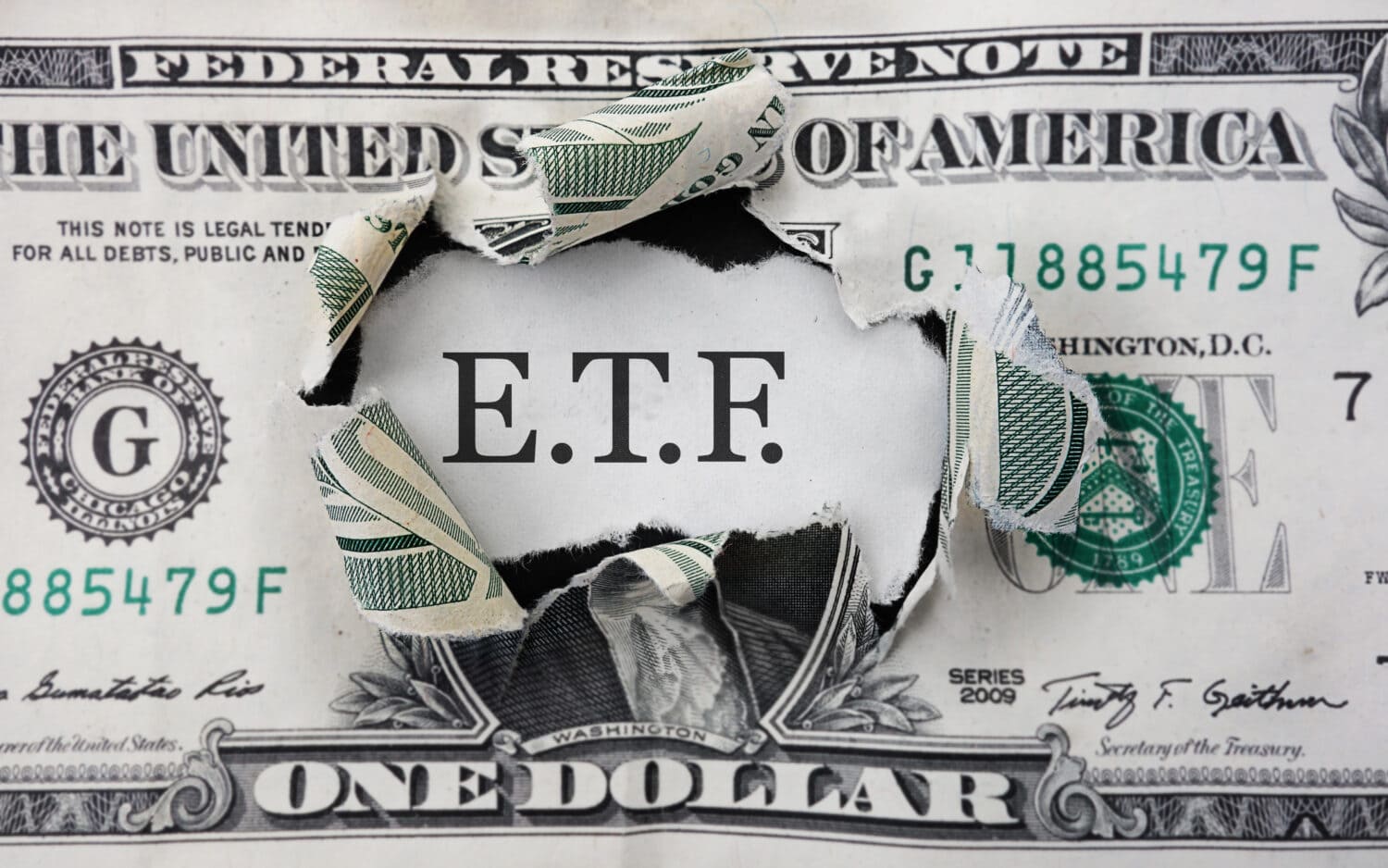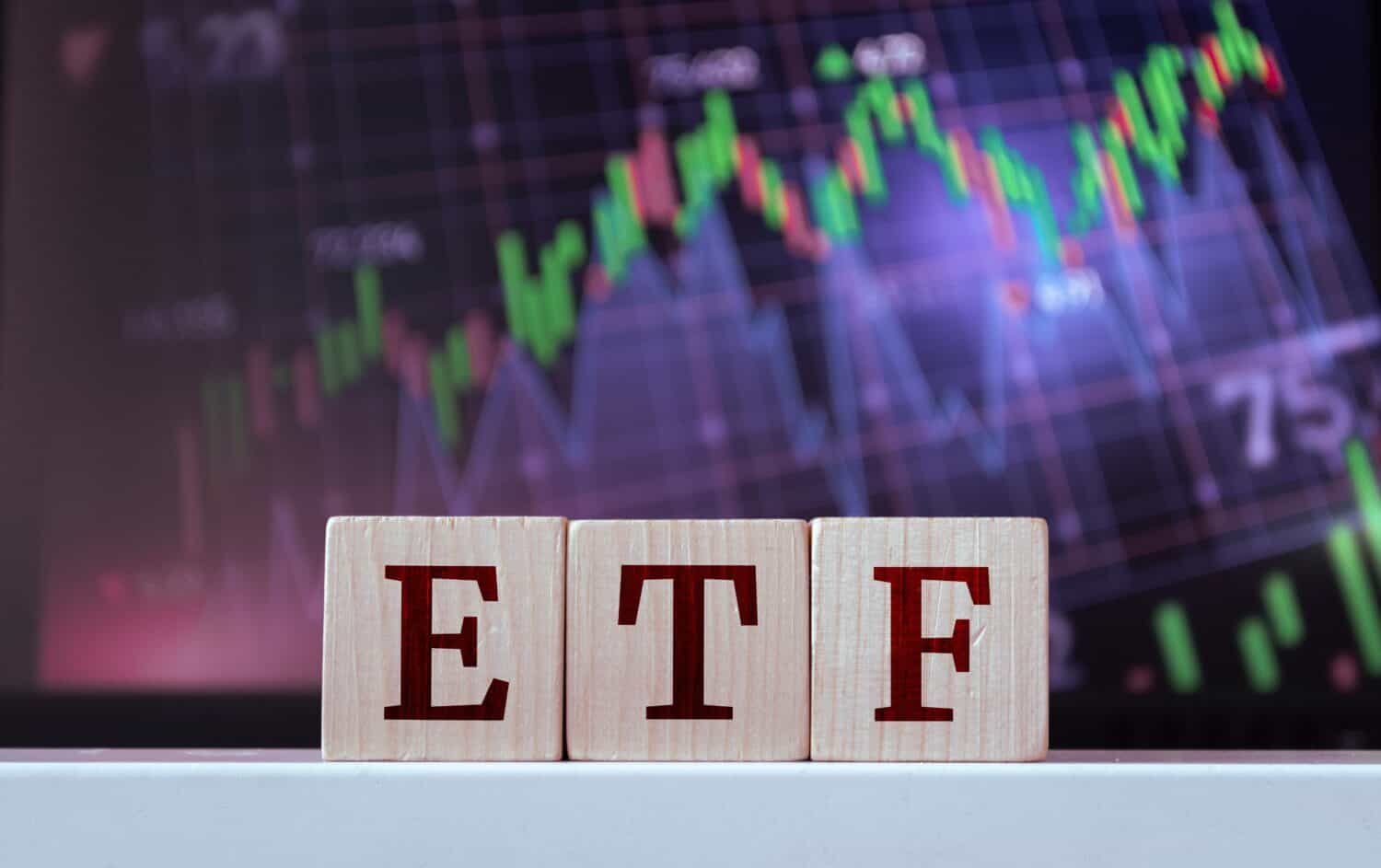

In today’s ever-changing investment landscape, ETFs have become popular for investors seeking diversification. ETFs provide a basket of stocks you can purchase with the click of a button, providing instant diversification.
Two of the most popular ETFs are the Invesco QQQ Trust (NASDAQ: QQQ) and the SPDR S&P 500 ETF (NYSE: SPY).
While QQQ offers the potential for higher returns due to its tech-heavy focus, SPY’s broader diversification and lower volatility make it a more suitable core holding for most investors, especially those with a longer time horizon.
Of course, this isn’t true for every investor. Let’s take a deeper look at each of these stocks so that you can choose the best option for you.
What is QQQ?

QQQ tracks the Nasdaq-100 index. This index focuses on the 100 largest non-financial companies on the Nasdaq stock exchange. When you invest in QQQ, you’re essentially gaining exposure to all the stocks in this index.
While it invests in very popular companies, QQQ is very growth-oriented. Since the Nasdaq is a hub of many technology and growth-oriented companies, QQQ offers the potential for significant capital appreciation. Plus, it only includes non-financial stocks, which makes it even more tech-focused.
However, this focus on growth comes with a potential downside: volatility. Because QQQ concentrates on a specific sector, its price fluctuates more dramatically than the market.
Therefore, you may also experience steeper drops during downturns.
QQQ offers lower dividend yields than many other ETFs, too. Many tech companies do not pay high dividends, which translates to QQQ’s overall dividends.
What is SPY?

SPY takes a different approach from QQQ. It tracks the S&P 500 index, which represents the 500 largest publically traded companies in the U.S. This includes all companies, including financial ones. Therefore, SPY includes stocks from many industries, from healthcare to financials.
When you invest in SPY, you’re gaining exposure to the top companies in the U.S. economy. SPY and the S&P 500 index tend to move similarly to the U.S. economy. This diversification makes SPY less volatile than many other ETFs.
When certain industries experience a downturn, other industries provide a buffer and help balance the performance of SPY. However, that also means that gains are less dramatic, too.
SPY also offers a very low expense ratio. Therefore, a smaller portion of your investment goes towards management fees, allowing you to keep more of your returns.
SPY is also similar to VOO, which you may want to consider, too.
QQQ vs. SPY: What Fund is Right for You?

Fees
Expense ratios represent a fund’s annual fee to help fund its operation. SPY has a lower expense ratio compared to QQQ. Currently, SPY’s expense ratio is 0.09%, while QQQ’s is 0.20%. That’s a significant difference.
This difference can translate to significant fees, especially over the long term.
Risk
Now, let’s look at the risk of SPY and QQQ. For this purpose, we can look at each stock’s Beta. Beta measures the volatility of an investment compared to the market overall. The market’s Beta is 1. Anything close to a 1 is close to the market’s volatility. Anything higher is more volatile, and anything lower is less volatile.
Naturally, more volatile stocks are typically riskier than less volatile ones. Therefore, Beta can also be a good measurement of risk.
QQQ’s Beta is 1.19% (over the past five years), while SPY’s Beta is 1. Therefore, SPY is less riskier than QQQ. SPY is more diversified than QQQ, which explains why SPY tends to mirror the overall market more closely.
Historical Performance
Comparing the historical performance of QQQ and SPY can be helpful, but it’s important to remember that past performance does not indicate future results. Risks still apply, even if you invest in a stock with a very promising historical performance.
Historically, QQQ does have a higher annual return rate compared to SPY. This return is largely because QQQ focuses more heavily on tech stocks, which have done very well over the last decade or so.
QQQ’s performance is also exceptionally volatile. During market downturns, QQQ can trend downwards fairly quickly. You also have to consider the limited dividends, which can add up overtime.
Diversification also matters. SPY is more diversified than QQQ, as it focuses on all industries. While SPY isn’t outperforming QQQ right now, QQQ is more likely to see large dips in the future than SPY.
We don’t recommend basing your decision solely on historical performance. Consider your risk tolerance, too.
Top Holdings
The top holdings of QQQ and SPY make their focus pretty clear.
QQQ’s top holdings are tech giants, such as Apple (NASDAQ: AAPL), Microsoft (NASDAQ: MSFT), Amazon (NASDAQ: AMZN), Alphabet (NASDAQ: GOOG), and Meta Platforms (NASDAQ: META) tend to occupy the top spots. This concentration in tech exposes you to lots of potential growth, but it also carries more volatility.
SPY holds more diversified stocks across many sectors. Technology companies are well-represented, as many tech stocks are very large. However, you’ll also find giants from other sectors like healthcare, consumer staples, financials, and industrials.
This diversification makes SPY act more similarly to the whole U.S. economy. However, it also doesn’t move quite as much when certain sectors boom.
Choosing Between QQQ and SPY

Choosing between QQQ and SPY boils down to your investment goals and risk tolerance.
QQQ offers the potential for higher returns, as it has a higher concentration of tech stocks. SPY prioritizes diversification, making it much more stable.
Take This Retirement Quiz To Get Matched With An Advisor Now (Sponsored)
Are you ready for retirement? Planning for retirement can be overwhelming, that’s why it could be a good idea to speak to a fiduciary financial advisor about your goals today.
Start by taking this retirement quiz right here from SmartAsset that will match you with up to 3 financial advisors that serve your area and beyond in 5 minutes. Smart Asset is now matching over 50,000 people a month.
Click here now to get started.
Thank you for reading! Have some feedback for us?
Contact the 24/7 Wall St. editorial team.



